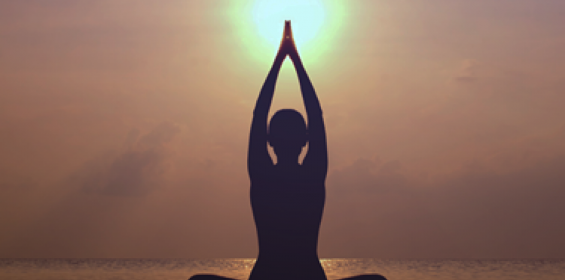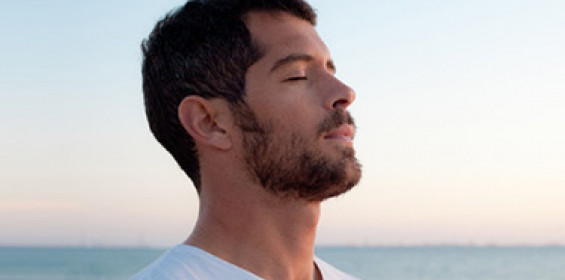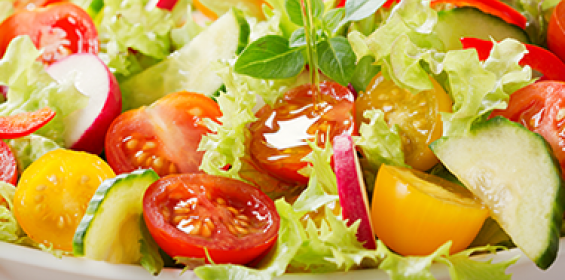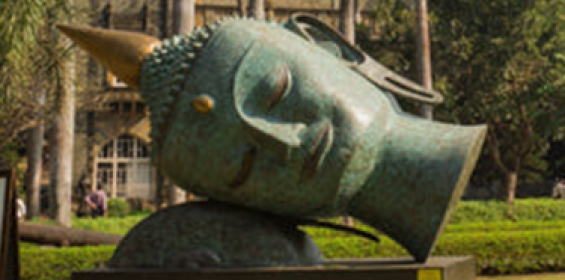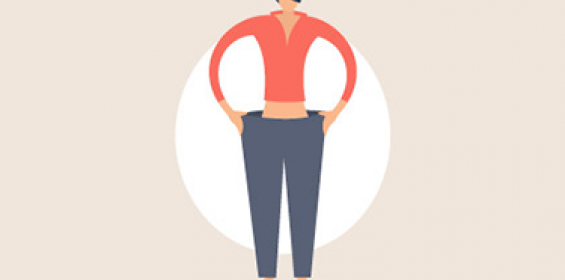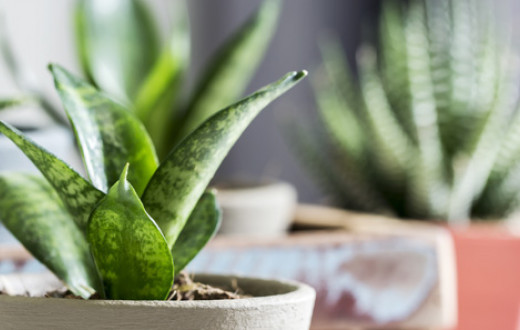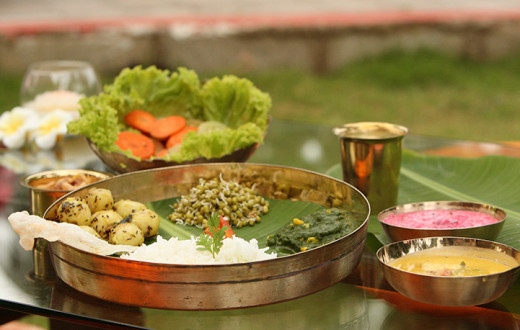Everyone has found their outlet - be it talking with friends, watching a comedy, learning a skill - it is hard to ignore the pandemic news.
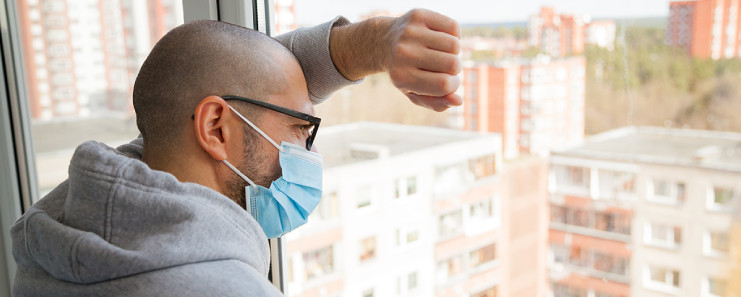
The journey towards healing will be different and take its course for each one of us. However these simple concepts could be good companions, offering therapeutic insights into our mind, and emotions. When understood and inculcated in our daily living, these insights have the power to bring subtle shifts in us and improve our mental health. Resilience, courage, steadiness, optimism, and inner peace are some of the outcomes. And remember, you’ve come a long way already.
1. Wisdom: Uplift yourself with inspiration & perspective
Do we know how to deal with anger and guilt? Managing our emotions is a life skill that is now gaining awareness. Fear, and frustration could be difficult to handle but we can learn how to.
It is important to teach our children, our people about consciousness, and the mind. People need to be taught about their life, their breath, their emotions, and how they are in control of their life. The latter could seem bleak and hard to believe, however in the larger scheme of things, life prevails.

And while learning the mysteries of the mind and emotions, it helps to maintain perspective. Gurudev says: “Various epidemics, wars, pandemics and natural disasters have challenged the human race before and they will keep coming, testing our ability to survive. Such times, as the one we are going through now, bring out qualities of the human spirit - its ability to endure and prevail and emerge stronger, kinder, and wiser. This is the time to invoke the valour in us, stand together and overcome once more.”
Few wisdom nuggets:
The lockdown wait
How to deal with uncertainty in life?
It’s time to explore spirituality
2. Meditation: Giving the mind the deepest rest
Do you know there is a state of the mind that gives us a deeper rest than even sleep? We are generally aware of the three states of consciousness - waking, dreaming, and sleeping. But there exists the lesser-known fourth state of consciousness and it is called turiya avastha – in this state one is neither waking, nor dreaming, nor sleeping. This state is the foundation of all the other three states and is responsible for giving rest deeper than sleep.
There is some activity as our body recuperates and grows in sleep. It is the fourth state, which is devoid of activity which results in very low metabolism. Through meditation, it is possible to go deeper into this fourth state and get the deepest rest. Set a little time each day for meditation.
Get started with guided meditations:
Short meditation for beginners
3. Breath: Improves mental health & physical well-being
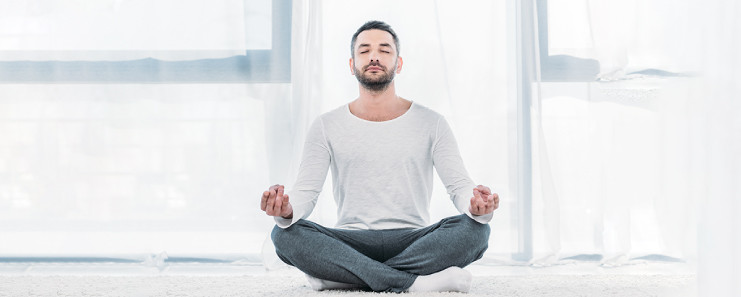
The mind is like a slate. Can we read when we keep writing on the slate, again and again, without erasing? Our mind becomes like that when we are unable to let go and cleanse it. We all have memories, yet when one memory plays over it creates an impression - sometimes an indesirable one.
According to ancient Indian scriptures, pranayamas (breathwork) greatly help. Prana has a direct connection with the state of the mind. For every emotion, there is a definite rhythm in the breath. Breath is very vital for clarity in thinking, perception, behavior, attitude, as well as removing deep-seated impressions and misconceptions. It is a tangible instrument that helps move on.
Breathing exercises to calm anxiety & panic
4. Yoga: A natural way to de-stress
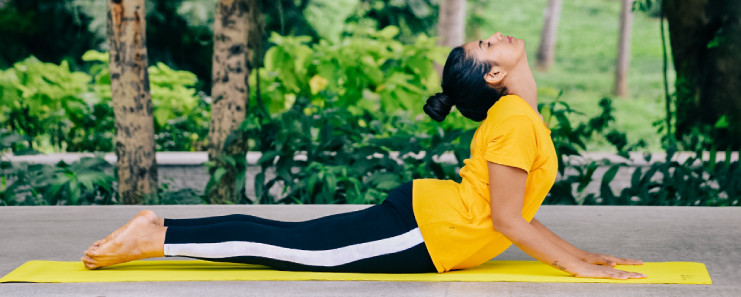
Yoga leads to a cessation of the modulations of the mind. With the practice of yoga, one abides in one’s true nature (consciousness), the seer. Yoga helps in developing discrimination (viveka) - a much-needed tool in everyday living. Through a deeper and more holistic understanding of life, living becomes more effortless. Yoga includes asanas (postures), pranayamas, meditation and yogic wisdom.
These yoga routines will help build your immunity:
5. Awareness: A way to being steady
We have four inner faculties of consciousness - mind, memory, intellect, ego, or the sense of awareness that ‘I am’. Being aware of these inner faculties makes an individual more mindful of his actions.
Often people say something unknowingly and regret later. Awareness looks within. Is there an inferiority or superiority complex in my behavior? Am I in a victim or culprit consciousness? What is bothering me? Am I reacting or am I acting with consciousness? These are the things that create awareness and bring you more in the present. You could consciously take a pause from whatever you’re doing - just a few times in the day. Reflect on how you are feeling or simply close your eyes and take a few deep breaths in and out. By taking your attention to your breath, you’re already in the present moment and aware.
6. Art: A healing power
Consciousness is a bridge between the heart and the mind. While science is the matter of the head, art is the matter of the heart. Combining these two extremities of our consciousness - science, and art - helps us live a fuller and happier life. Art is an outlet for our emotions, even for those emotions which are stuck and not expressed properly. Art - be it painting or music or dance - all help to regain the natural balance in life.
Would you like to talk and discuss how you’re feeling? We would love to hear from you on our counseling helpline number- 8067612338
This article is an excerpt from Gurudev’s address at a panel discussion on mental health. You can watch the full talk here, Transdisciplinary Paradigms - Conversation with Gurudev Sri Sri Ravi Shankar
This piece was first published on srisri.org.

